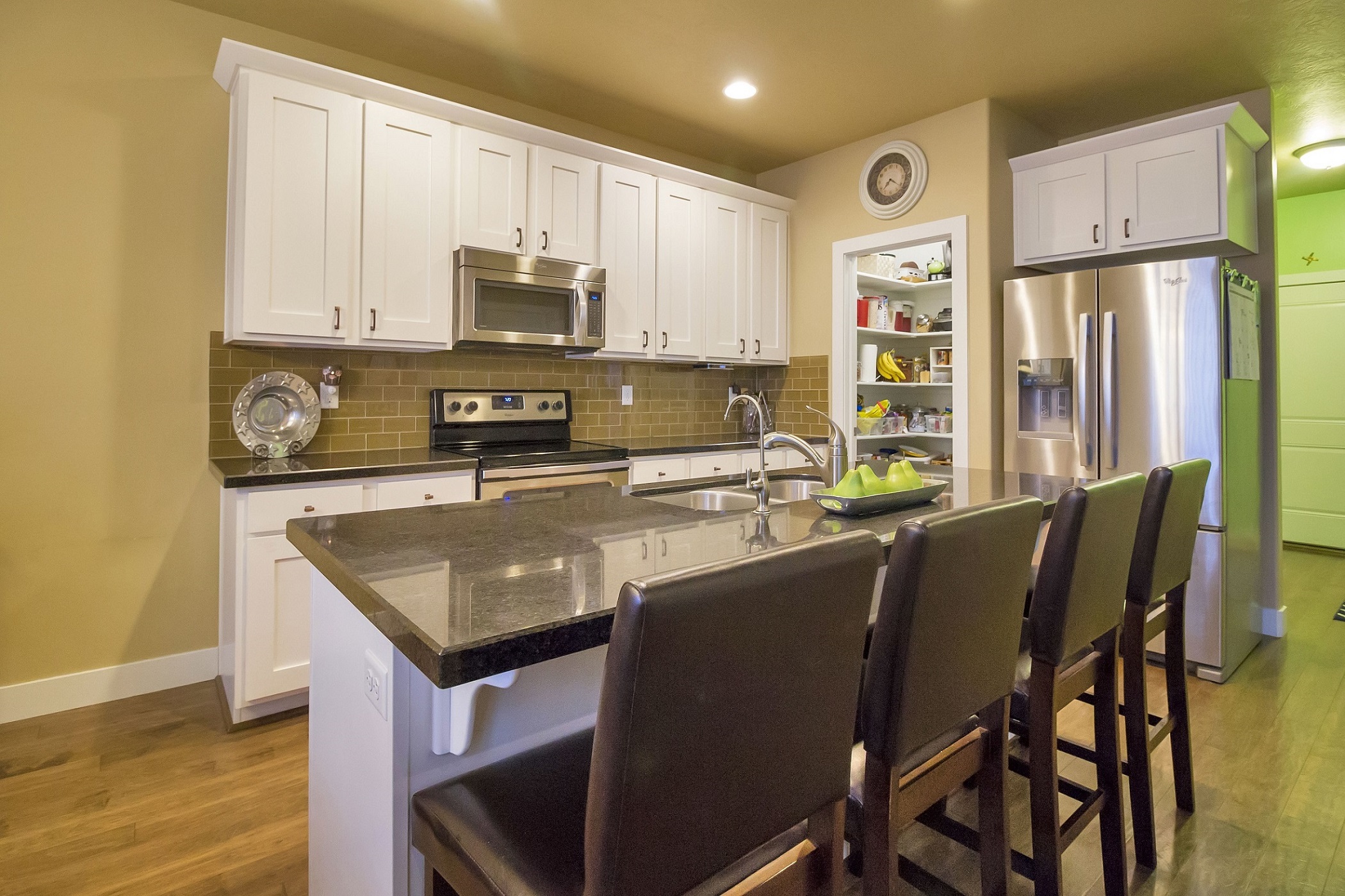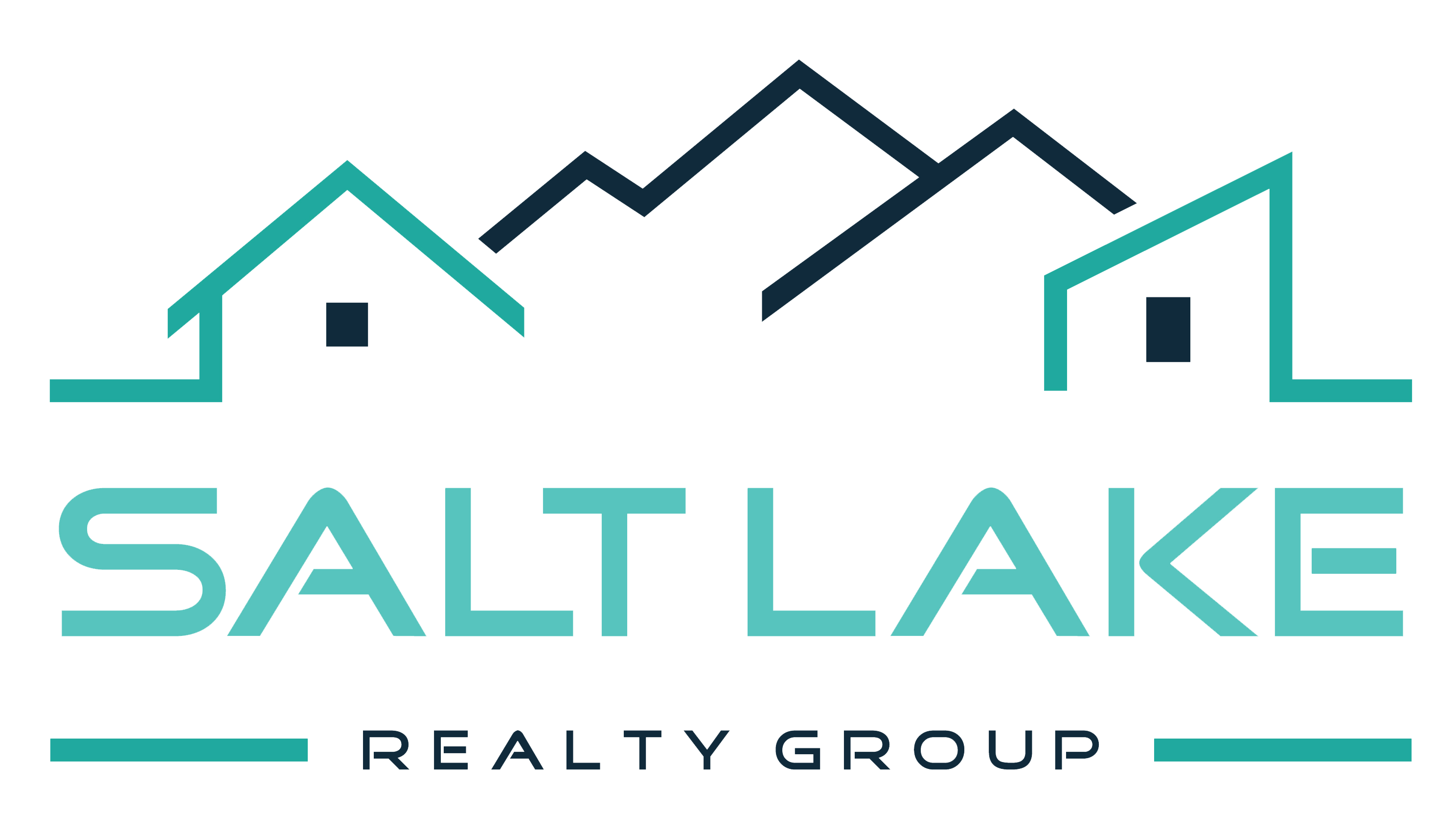Need to sell before buying your dream home. Now what?
So you want to buy your dream home. That is incredibly exciting and you should be excited for the upcoming process.
But wait a second. You currently own a house and will need to use some or all of the proceeds from the sale as a down payment on your dream home. Plus, you probably want to have a loan for a primary residence, not a loan for a second home or investment property.

So you need to sell your home before buying a new one and you might not want a period of homelessness in between ownership of each property. Guess what, there doesn't have to be a gap and you can move from the old house to the new one in one trip with the moving truck. OK, this sounds daunting, but done correctly, this process does not have to be a cause of stress.
I call this coordination a "sale/purchase." Any of you that have hired me before, you know that I have a name or term or a definition for everything. This is one of those.
There are some more complicated methods of handling sale/purchases that involve lease backs or renting a property before moving. For the sake of brevity I am going to stick to the basics.
There are 3 basic ways to structure a sale/purchase.
1) Sell the old house and then look for a new one.
2) Find the dream house, and then start marketing your home.
3) Get your house ready to sell, and then start looking for the new one.

Lets take an in depth look at all three:
1) Sell the old house and then look for a new one.
As basic as it gets. Market your home, put it under contract, successfully sell it, and then once the proceeds are in your bank account, go find your dream home. A lot of folks think that this option is their only option. Luckily that is not the case. This is, however, the most stress free option because there are less moving parts. Limiting moving parts and possible problems is sometimes a luxury that we do not have. Don't forget that this option comes with a gap of at least a month where you have already sold and moved out and you still haven't chosen a new house. For time frames in the home buying process see OUR BUYER PROCESS.

Before moving on to the next 2 options it might be helpful to know the basics of THE BUYER PROCESS. There is quite a bit that goes into this process and escrows typically last 30 to 45 days. Due to the extended time, among other things, you and the other party sign a Real Estate Purchase Contract (REPC). Most buyers that are obtaining financing put 3 conditions on this contract. For the next 2 options for a sale/purchase, you will adding a fourth condition where the REPC is subject to sale of buyer's residence.
2) Find the dream house, and then start marketing your home.
There is work to be done if you are about to begin marketing your home. Do not neglect the pre-listing process that will result in selling for more money and in less time. Even though you already completed prepping for market you may be hesitant to officially put your house on the market until you are under contract on your future home. This is a perfectly natural feeling an you are not alone.
If this is how you feel you will submit an offer on your dream house that is subject to sale of your current house. This condition includes a clause where you promise to have the property on the market by a certain date. Most sellers will respond to this with something called a time clause (call me with questions about this part), which adds a bit of uncertainty but it is common practice and usually is successful in all but the hottest markets.

Now your offer is accepted. Awesome. It is crucial to sell your house ASAP. Make sure that your agent has a proven track record of outpacing the market and a system to get that done consistently. VIEW OUR SELLER PROCESS.
Next your current home will go under contract and you will design the dates to be a simultaneous close. Well, this typically staggers a day, but we plan for that. I recommend maintaining possession of your current house for 72 hours after closing (it is tough to do longer than this without doing a lease back) and negotiating possession of your dream house upon recording. What happened there is that you have a couple days of having possession of both homes. Much easier to coordinate your move in such a great situation.
3) Get your house under contract, and then start looking for the new one.
This is very similar to option 2. The only difference is that your house is already on the market, or more ideally, already under contract when you submit your offer on your dream home.
Option 3 is the option that most of my clients choose. You absolutely can and should tour homes before your house goes under contract. You should know the market and what is out there. The pros and cons of option 2 and option 3 have everything to do with market conditions (buyers market or a sellers market).
In a sellers market where there are more buyers than sellers you are competing against many other buyers. Most houses, even in extreme sellers markets, don't sell in multiple offer scenarios. However, sellers know it is a strong market and hesitate to take what they may view as a crappy offer. I mean come on.... In option 2 you haven't even moved towards selling your house yet and that has to happen before you can buy their house. At the very least it will be very difficult to win in the negotiation on price and concessions when you need such buyer centric terms.
In a buyers market, it is rather easy to convince a seller to accept your offer (sometimes without a time clause), even if you still have to sell your house and it is not yet on the market.
In a sellers market, presenting your offer as a strong offer that will easily close is crucial. Presenting an offer that has a whole bunch of moving parts is not the best idea. And if it is a multiple offer situation, forget about it, you are very unlikely to win.
All of the sale/purchase options are good options that work well for different folks in different circumstances. In all options, it is important to execute the process as effectively as possible on both the sale and the purchase. Your buyer's actions can and will have a domino affect on your purchase.
Make sure that your agent has a process in place to help you and that the agent has a proven track record. Check out reasons homes don't sell and how to avoid those mistakes




